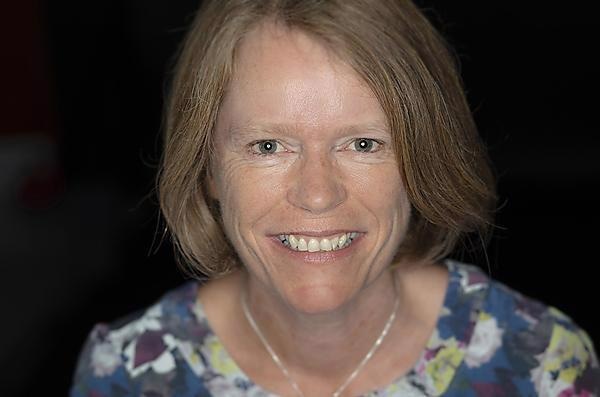The University of Plymouth has been planning to join forces with a globally-renowned supplier of next-generation software and digital solutions, called Kongsberg Digital. This attempt has been made to design a new system that could revolutionize the floating offshore wind (FLOW) sector of the United Kingdom.
 Professor Deborah Greaves OBE FREng. Image Credit: University of Plymouth.
Professor Deborah Greaves OBE FREng. Image Credit: University of Plymouth.
A state-of-the-art Kongsberg K-Sim Dynamic Positioning (DP) simulator will soon complement the Marine Navigation Centre on the University’s campus.
It will be utilized to simulate, test and improve marine operations across the lifecycle of FLOW installations. This will provide offshore wind project groups and crew with facilities where they could confirm, test and enhance installation and maintenance projects.
This will offer a crucial insight into solutions that will help increase efficiency, safety and economic feasibility for the companies involved.
Besides the research aspect, it will also be utilized to develop training for present and future industry professionals. It helps to fulfill the national and international demand for such expertise in accordance with the global net-zero agenda.
This simulator could be a game-changer in the future deployment of floating offshore wind technology. As the sector expands, we need to develop innovative and effective ways of installing the technology in new and challenging environments. I believe our partnership with Kongsberg Digital, and the opportunity to learn from their experience and expertise, can make significant strides in helping us to achieve that.
Deborah Greaves OBE FREng, Professor, Ocean Engineering, University of Plymouth
The K-Sim DP simulator has been constructed on the first-in-class Kongsberg DP technology and has the essential fidelity and realism needed for elaborate studies, training and assessment of crew, and mission planning, where various difficult scenarios could be assessed and enhanced in a safe surrounding.
Floating offshore wind turbines are seen as an increasingly important element of the renewable energy sector, which is a rapidly growing market. We look forward to cooperating with the University of Plymouth to support this industry with cutting-edge technology leading to improved safety and increased efficiency in offshore wind projects.
Andreas Jagtøyen, Executive Vice President Digital Ocean, Kongsberg Digital, University of Plymouth
The newly-developed simulator has been obtained via the University’s involvement in the Cornwall FLOW Accelerator project. Headed by Celtic Sea Power, and assisted by a grant of £4.8m from the European Regional Development Fund (ERDF), through the Cornwall and Isles of Scilly Growth Program, the project will help Cornwall’s ambitions to take a major role in the global floating offshore wind sector.